Why some people are offended by the Prince of Wales title
Given to the heirs to the British throne, the title has a controversial history
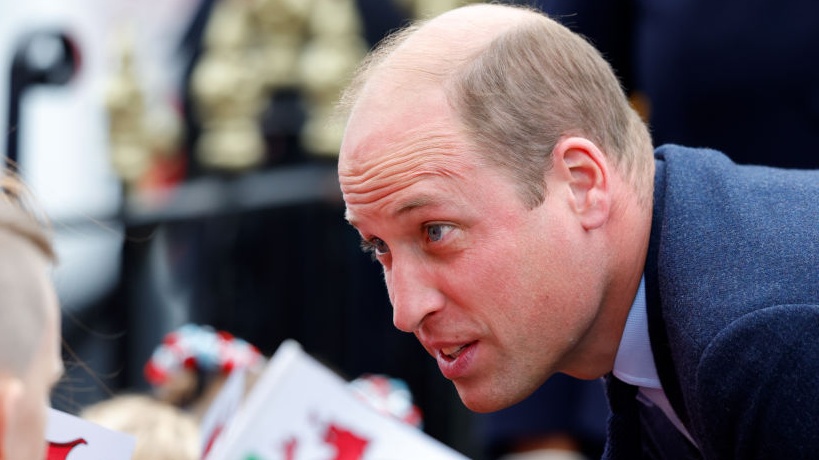
A free daily email with the biggest news stories of the day – and the best features from TheWeek.com
You are now subscribed
Your newsletter sign-up was successful
The Prince and Princess of Wales visited the nation for the first time since being given their new titles – but a petition calling to end the use of the title has won tens of thousands of signatures.
The Times reported that the royal couple were given a “warm” welcome in Holyhead on Tuesday as they visited a lifeboat station. William revealed during the day that he needs to brush up on his Welsh language skills and reminisced about time spent nearby on Anglesey, where he and his wife lived for three years after their marriage in 2011.
Despite the welcome, a petition calling for the title of Prince of Wales to be scrapped “out of respect for Wales” has been gathering pace, gaining over 35,000 signatures over the past three weeks.
The Week
Escape your echo chamber. Get the facts behind the news, plus analysis from multiple perspectives.

Sign up for The Week's Free Newsletters
From our morning news briefing to a weekly Good News Newsletter, get the best of The Week delivered directly to your inbox.
From our morning news briefing to a weekly Good News Newsletter, get the best of The Week delivered directly to your inbox.
It argues that the title has “been held exclusively by Englishmen as a symbol of dominance over Wales” and those that have been given the title “have no genuine connection to our country”.
Why is it controversial?
The title of Prince of Wales has long been a controversial one. King Charles himself – who held the title from the age of nine until his ascension to the throne – faced “violent protests” and even a bomb plot co-ordinated by a Welsh paramilitary group at the time of his official investiture ceremony at Caernarfon Castle in 1969, said Nation Cymru.
The dispute has its roots way back in history, to when the last Welsh prince of Wales, Dafydd ap Gruffydd, was “brutally killed” on the orders of Edward I of England in 1283, according to Wales Online. Edward I then went on to make his 16-year-old son, the future Edward II, the first English Prince of Wales in 1301.
The title has since been conferred by English, and then British, monarchs on their heirs – although there have been long periods in history where the title fell out of use. The most recent person to hold the title of Prince of Wales before Charles was Prince Edward, who went on to become King Edward VIII and then the Duke of Windsor after his 1936 abdication.
A free daily email with the biggest news stories of the day – and the best features from TheWeek.com
The petition claims that the use of the title “remains an insult to Wales and is a symbol of historical oppression”. It implies that “Wales is still a principality” thereby “undermining Wales’ status as a nation and a country”.
“In addition, the title has absolutely no constitutional role for Wales, which is now a devolved country with a national Parliament,” the petition adds.
Does the title have a future?
The title of Prince of Wales is not one which is automatically inherited – King Charles declared William, his eldest son, the Prince of Wales during his first speech as monarch after the death of the Queen. Catherine also became Princess of Wales, the first time the title has been used since the death of Princess Diana in 1997.
Kensington Palace said yesterday that there were no plans for Prince William to have a formal investiture ceremony “anything like his father had”.
Charles himself waited 11 years for the formal ceremony to take place after he was officially made the Prince of Wales by the Queen as a child in 1958; his investiture did not take place until 1969.
Lord Elis-Thomas, a former speaker of the Senedd, “revealed earlier this month that he had once told Prince Charles, as he was then, that he hoped there would never again be an investiture at Caernarfon Castle”, reported The Telegraph.
Elis-Thomas claimed Charles had laughed and replied: “Do you think I want to put William through what I went through?”
The paper added that the tradition of a formal investiture ceremony at Caernarfon Castle was only revived in 1911, when George V gave the title to his son, Edward. Before then, the ceremony had not taken place at the castle “for several hundred years”.
Sorcha Bradley is a writer at The Week and a regular on “The Week Unwrapped” podcast. She worked at The Week magazine for a year and a half before taking up her current role with the digital team, where she mostly covers UK current affairs and politics. Before joining The Week, Sorcha worked at slow-news start-up Tortoise Media. She has also written for Sky News, The Sunday Times, the London Evening Standard and Grazia magazine, among other publications. She has a master’s in newspaper journalism from City, University of London, where she specialised in political journalism.
-
 Switzerland could vote to cap its population
Switzerland could vote to cap its populationUnder the Radar Swiss People’s Party proposes referendum on radical anti-immigration measure to limit residents to 10 million
-
 Political cartoons for February 15
Political cartoons for February 15Cartoons Sunday's political cartoons include political ventriloquism, Europe in the middle, and more
-
 The broken water companies failing England and Wales
The broken water companies failing England and WalesExplainer With rising bills, deteriorating river health and a lack of investment, regulators face an uphill battle to stabilise the industry
-
 Why is Prince William in Saudi Arabia?
Why is Prince William in Saudi Arabia?Today’s Big Question Government requested royal visit to boost trade and ties with Middle East powerhouse, but critics balk at kingdom’s human rights record
-
 Will Beatrice and Eugenie be dragged into the Epstein scandal?
Will Beatrice and Eugenie be dragged into the Epstein scandal?Talking Point The latest slew of embarrassing emails from Fergie to the notorious sex offender have put her daughters in a deeply uncomfortable position
-
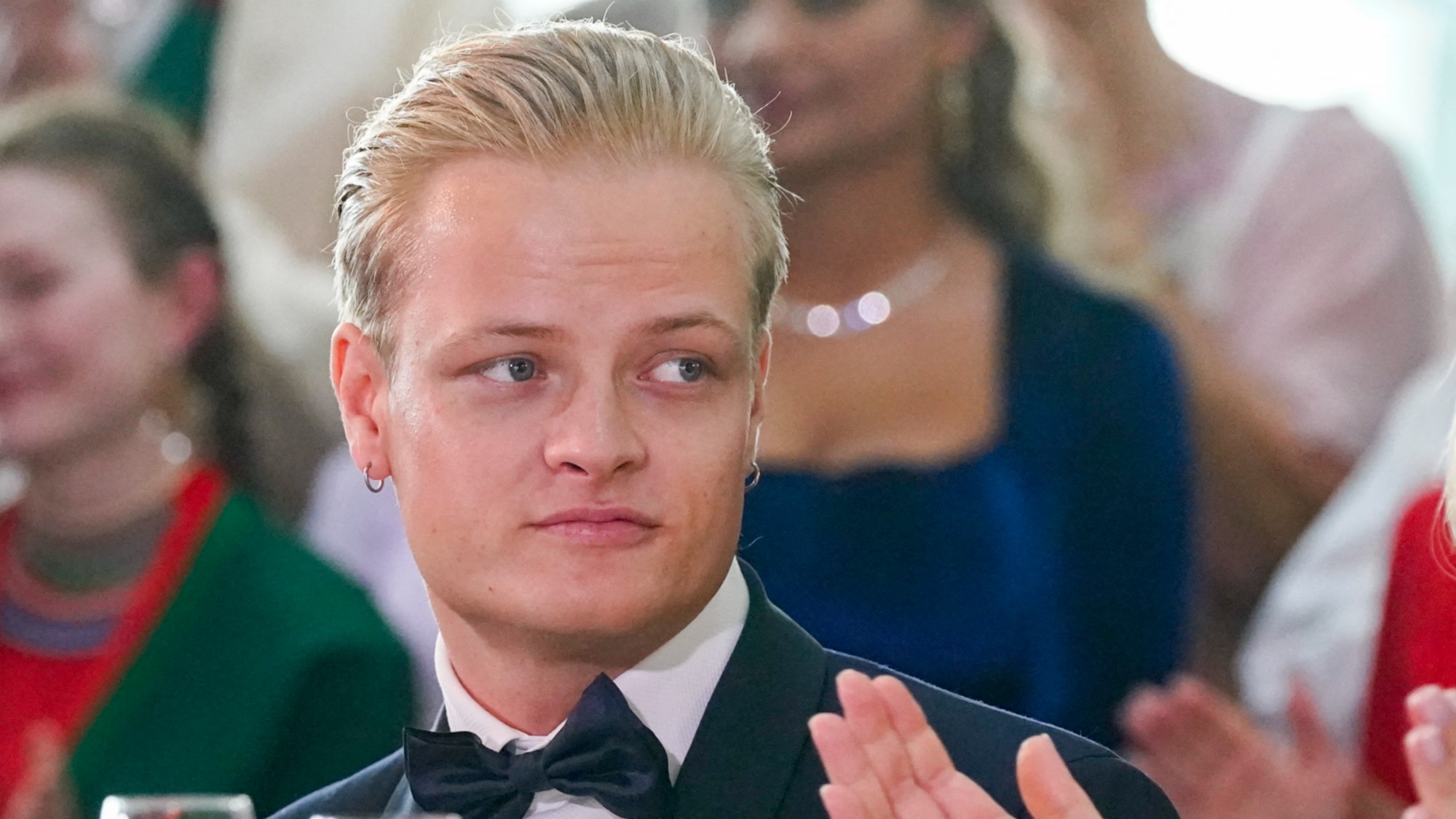 Norway’s scandal-hit royals
Norway’s scandal-hit royalsIn the Spotlight Rape trial of Marius Borg Høiby, son of the crown princess, adds to royal family's ‘already considerable woes’
-
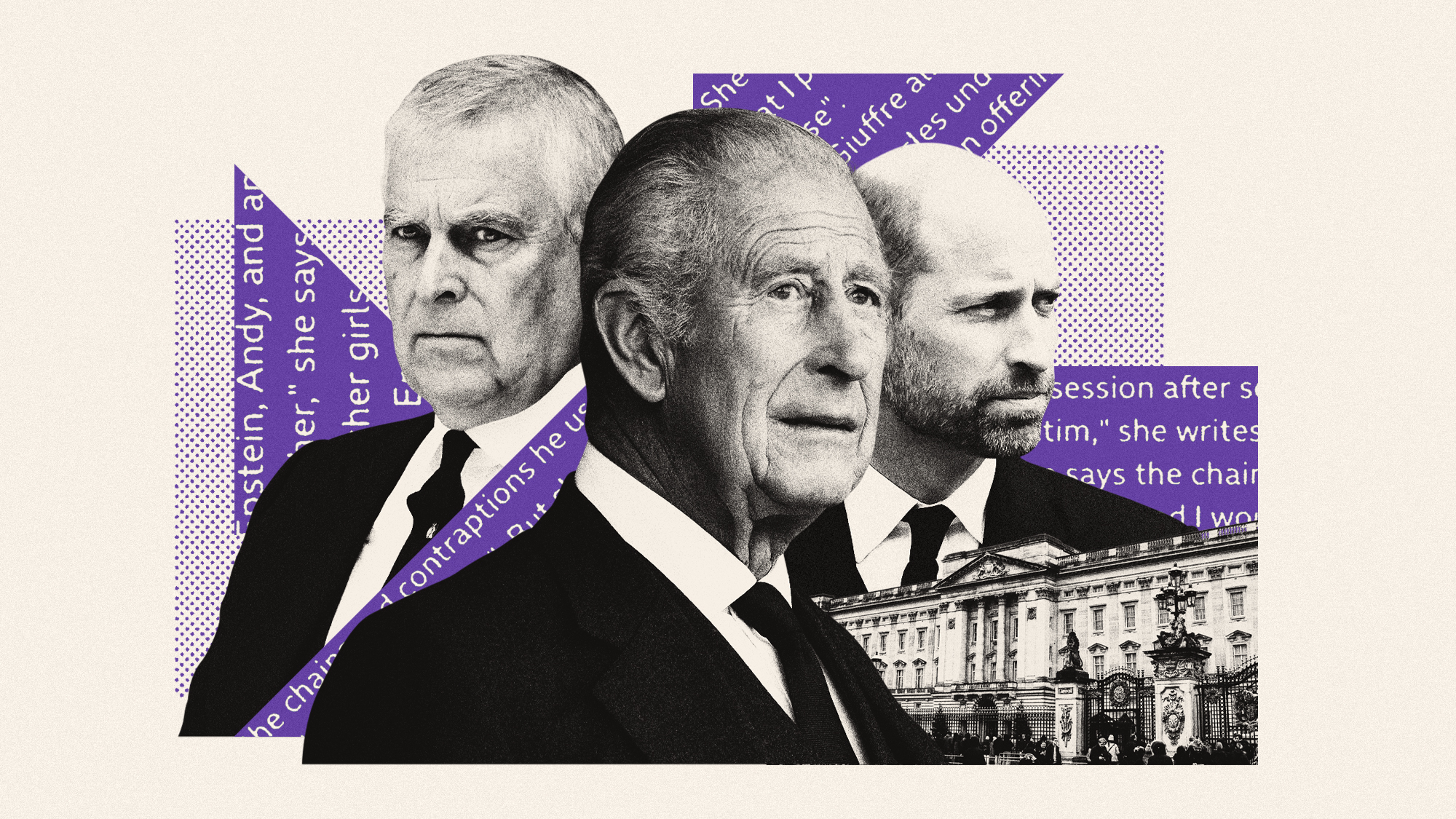 Prince Andrew: is the royal family doing enough?
Prince Andrew: is the royal family doing enough?Today’s Big Question King Charles faces calls for tougher action against Andrew after latest allegations about Virginia Giuffre and Jeffrey Epstein
-
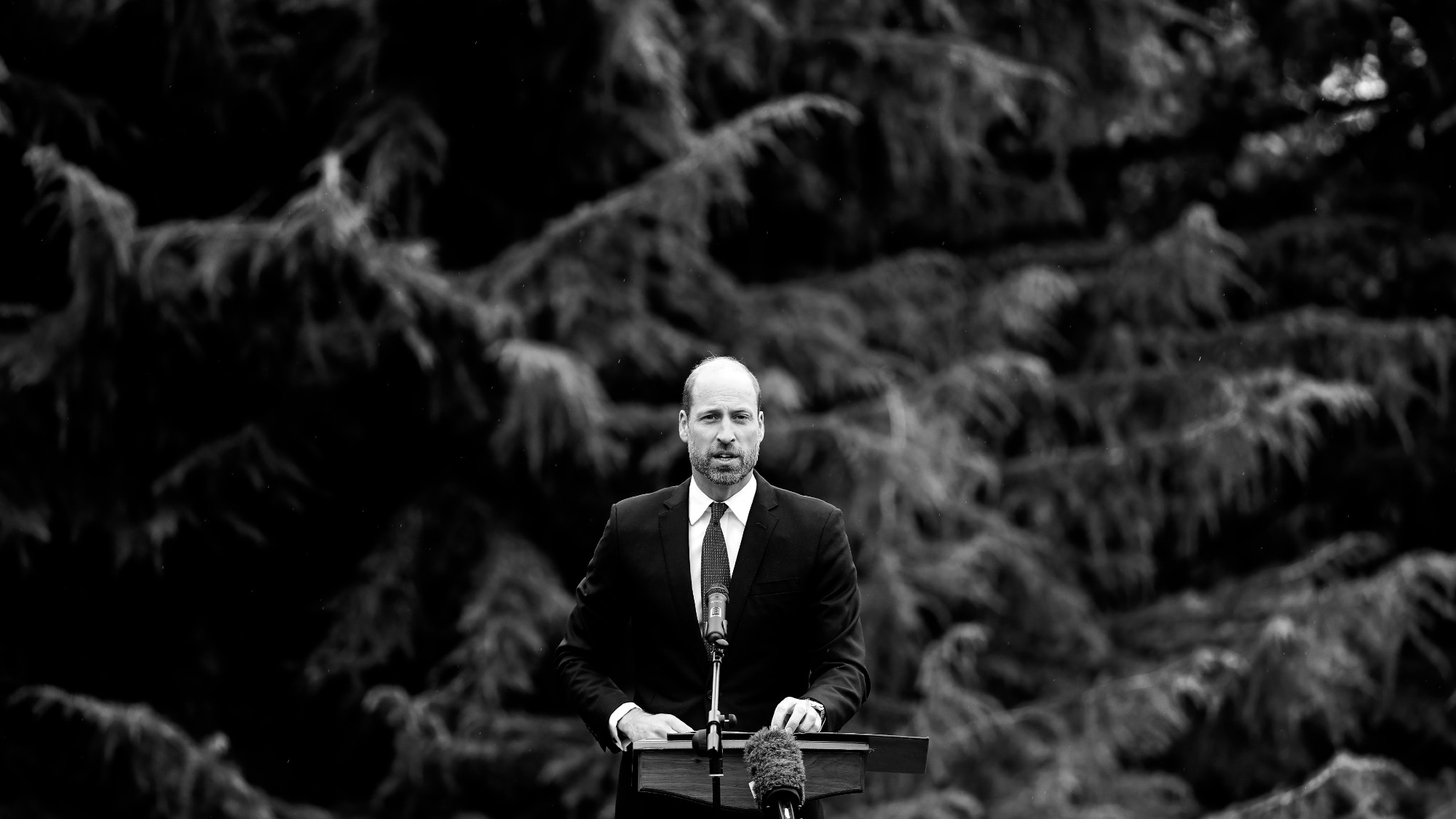 What will William be like as king?
What will William be like as king?Today's Big Question Prince of Wales said he won’t be ‘restricted’ by history when he takes the throne
-
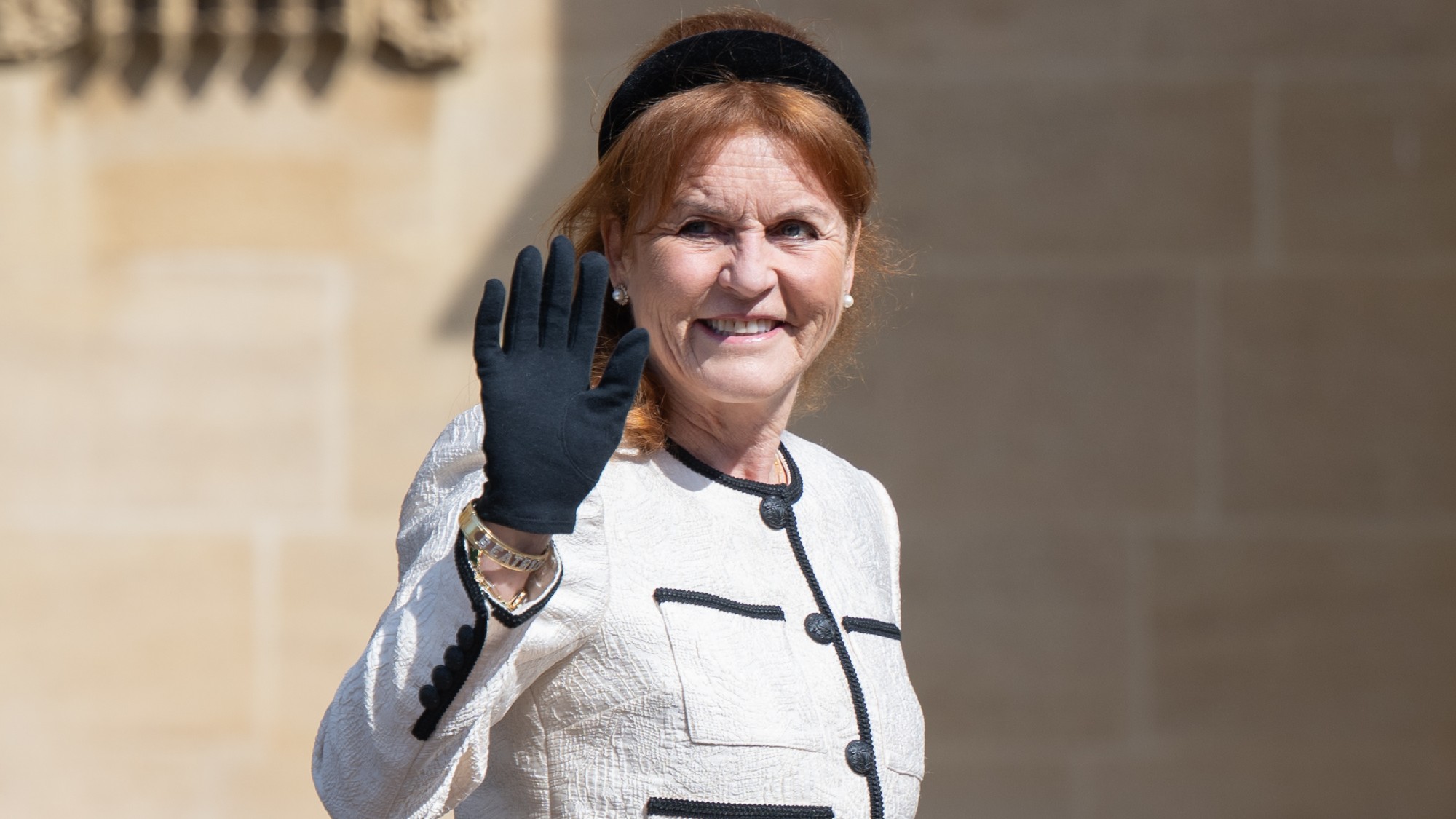 Sarah Ferguson: a reputation in tatters
Sarah Ferguson: a reputation in tattersIn the Spotlight After emails surfaced revealing ties to Jeffrey Epstein, weeks after she claimed to cut contact, her charities are running for the hills
-
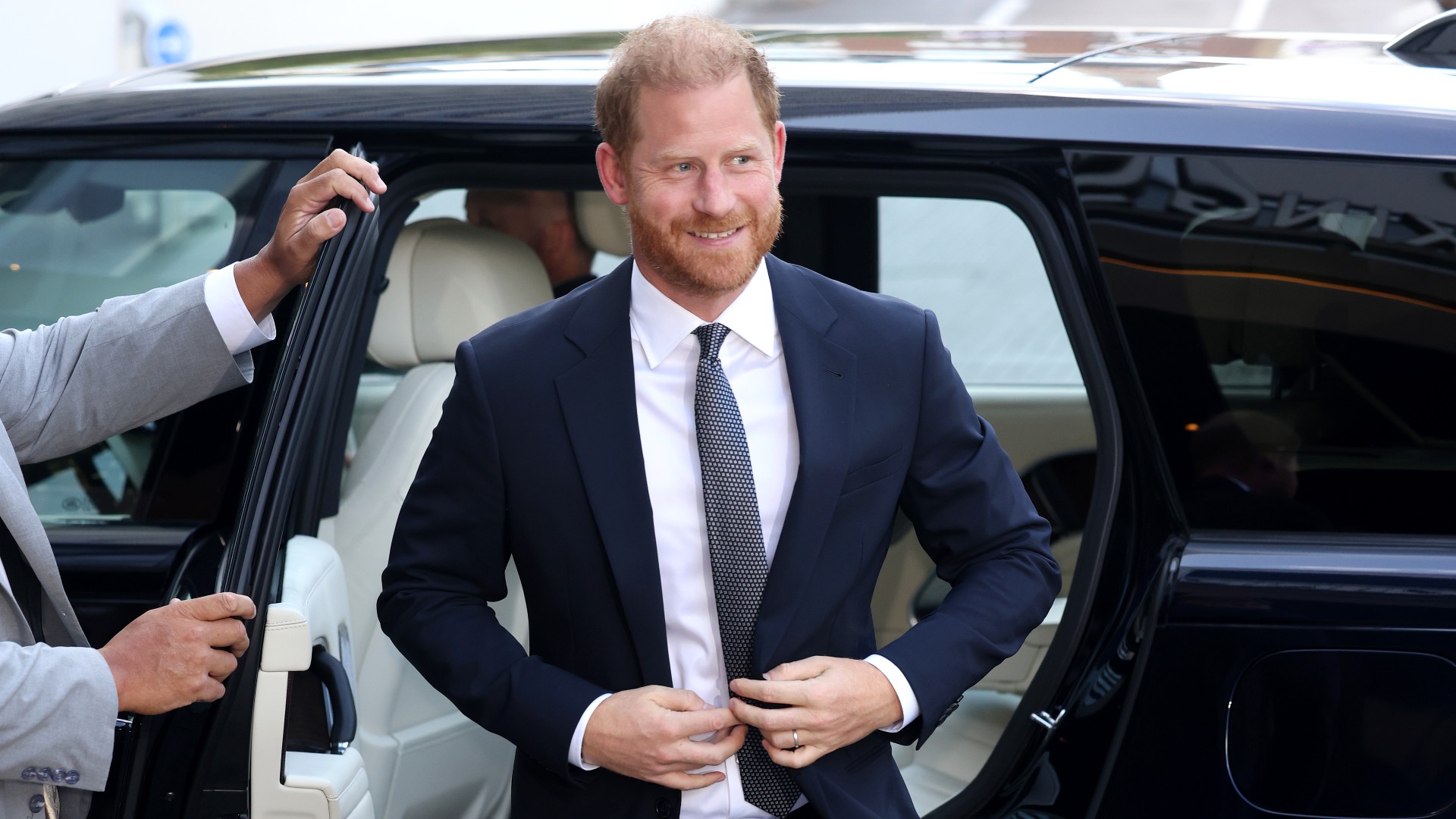 Prince charming: Harry’s tea with King sparks royal reconciliation rumours
Prince charming: Harry’s tea with King sparks royal reconciliation rumoursTalking Point Are the royals – and the UK public – ready to welcome the Duke of Sussex back in?
-
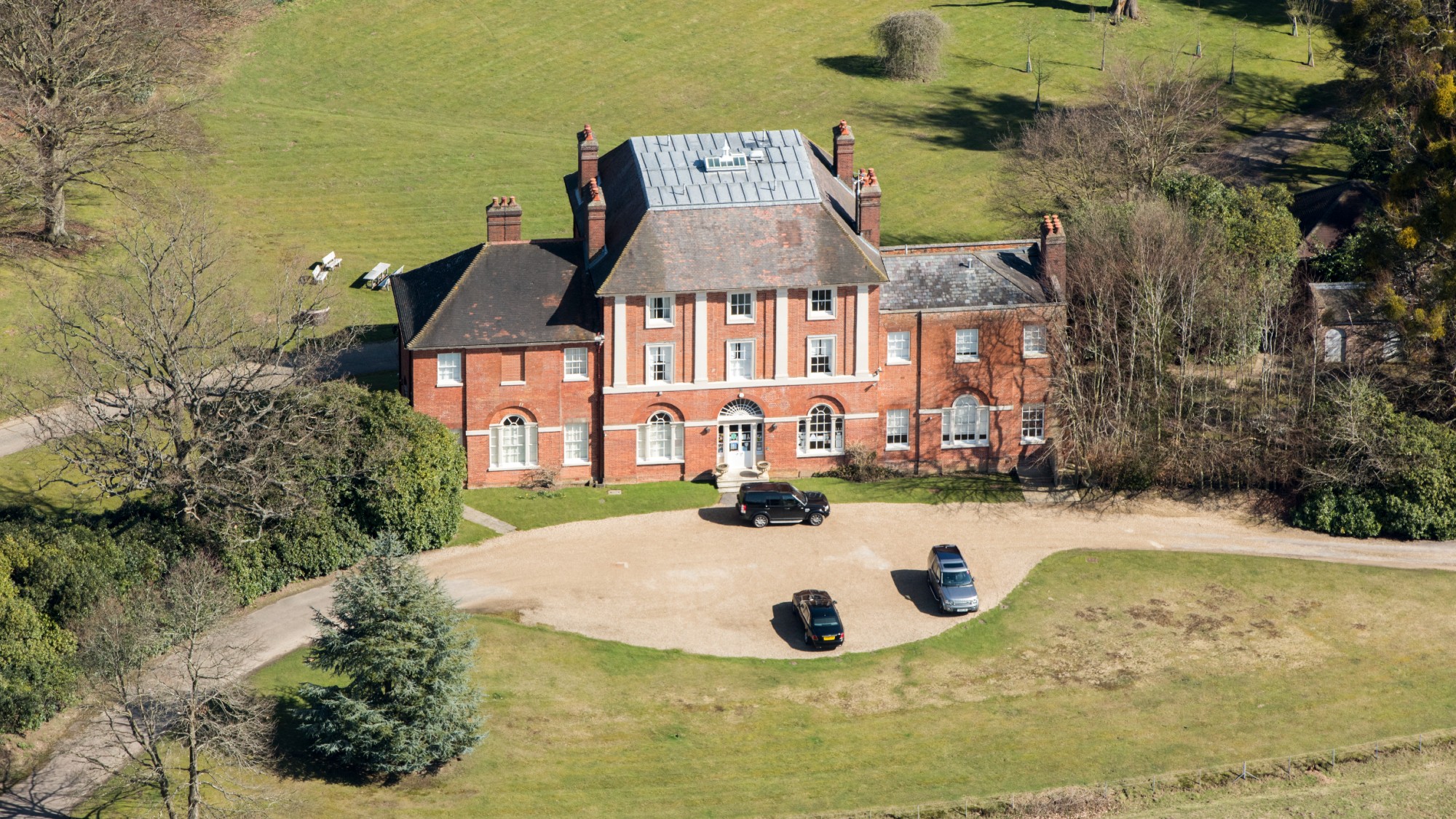 Forest Lodge: William and Kate's new home breaks with royal tradition
Forest Lodge: William and Kate's new home breaks with royal traditionIn the Spotlight Wales' said to hope move to 'forever home' in Windsor Great Park will 'leave unhappy memories behind'